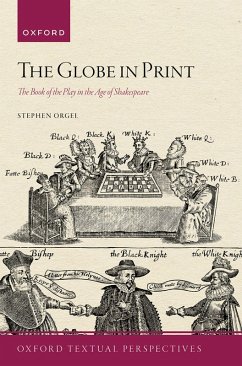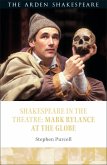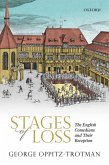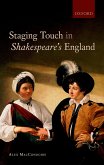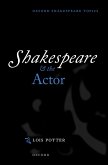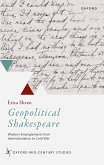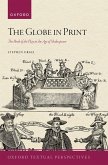How did the popular drama of Shakespeare's age become literature? Every work that has survived from the theater of past ages has gone through some editorial process to make it available to readers. The book of the play is not the play on the stage; returning it to the stage for modern audiences is not a simple or straightforward process, nor can we simply read backwards from the texts that have come down to us to deduce what Shakespeare's or Jonson's (or Aristophanes's or Sophocles's) audiences saw. Editorial efforts since the first folio of 1623 have attempted to establish a correct, final text of Shakespeare's plays, as the folio promises "the true, original copies." Yet the text in the theater changed constantly, as the actors adapted the plays to take into account their changing audiences. The publisher of the folio of Beaumont and Fletcher's plays in 1647 acknowledges that his texts include more than the plays on the stage--"all that was acted and all that was not." In performance, the play at the Globe was not the play at court, nor was any play the same when it was revived in a subsequent season. Moreover, performances always involved improvisation on the part of the actors, and the continual response (often vocal and energetic) of the audience. This book is about what happens to plays when they become books.
Dieser Download kann aus rechtlichen Gründen nur mit Rechnungsadresse in A, B, BG, CY, CZ, D, DK, EW, E, FIN, F, GR, HR, H, IRL, I, LT, L, LR, M, NL, PL, P, R, S, SLO, SK ausgeliefert werden.

